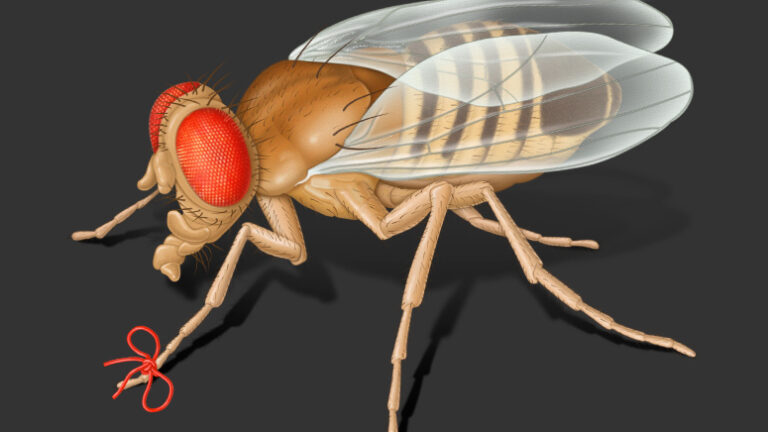In The News

17 October 2022
Stowers research: How a jellyfish cousin's sting could improve delivery of medicine
Kansas City Business Journal
Read Article
As a biomathematician, Boris Rubinstein primarily assists Stowers researchers with complex data analysis, modeling, and numerical/symbolic programming but his expertise extends to biophysical and systems biology questions, image processing and analysis, and protein interaction network analysis.
Rubinstein received a M.Sc. in nuclear physics from Ural State Technical University in Sverdlovsk and a Ph.D. in optics from Irkutsk State University in Siberia, Russia. After two years at the Metal Physics Institute, USSR Academy of Sciences in Sverdlovsk, he accepted a postdoctoral position at Technion in Haifa, Israel. After a short stint at a small start-up company called Kernel Knowledge, where he helped to develop a widely used symbolic computer algebra software Mathematica, he returned to Technion as a research engineer.
In 2000, he accepted a postdoctoral position at Northwestern University where he focused on the numerical stability analysis of two-phase hydrodynamic flows and discovered a new type of crystallization process dynamics. Prior to joining the Stowers Institute as a biomathematician in 2007, Rubinstein spent five years in the Department of Mathematics at the University of California, Davis, where he became interested in biological questions and started to study the motion of living cells. During that time he also solved an old number theory problem posed by Euler in 1748.
In The News

17 October 2022
Kansas City Business Journal
Read Article
Press Release
21 June 2022
An ancient stinging organelle that evolved to deliver toxins could inspire the design of new medical delivery devices
Read Article
News

05 December 2016
How do you remember what happened today in the weeks and months that follow? Researchers at the Stowers Institute for Medical Research have answered a piece of that question in a recent study.
Read Article
